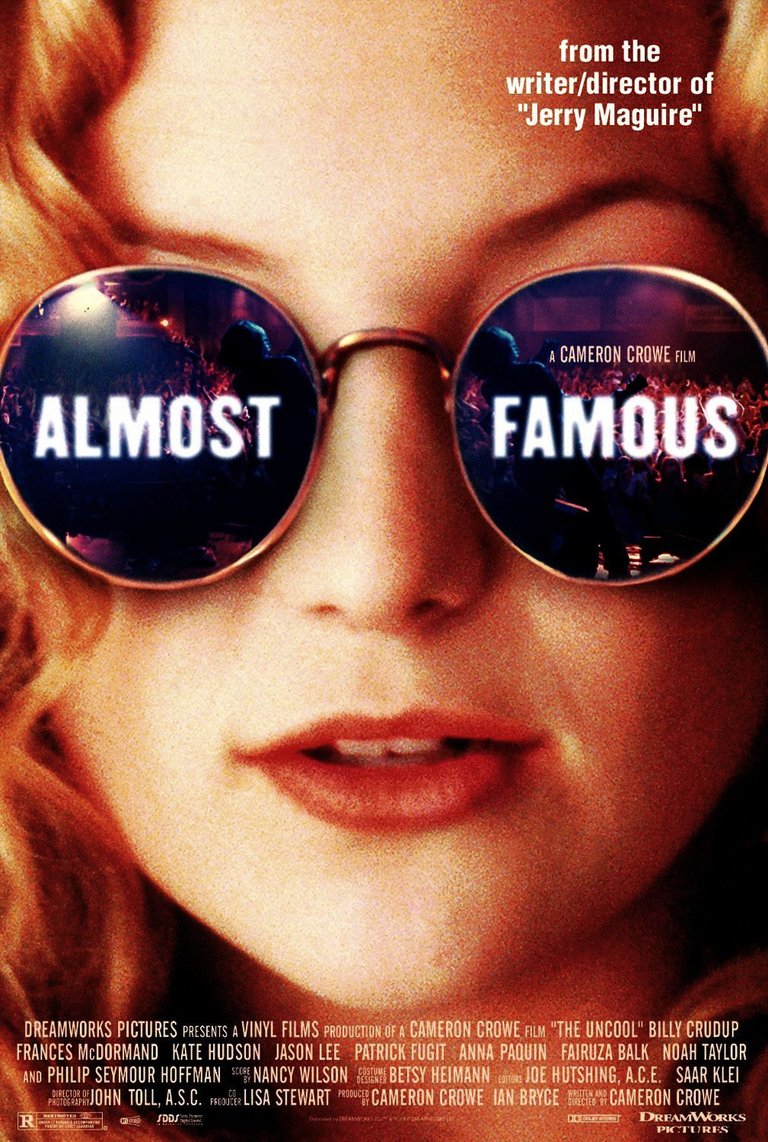
I watched Almost Famous when I still believed music could explain everything. I saw myself in that teenager who writes with more heart than skill, driven by an urgent need to understand the world through distorted guitars and sung truths. There’s something deeply human about watching from the outside, trying to belong, while life roars like a concert you’re not sure you were invited to.
It’s not just a movie about rock. It’s an intimate treatise on identity, on the exact moment when innocence crashes into disappointment and becomes a sharper gaze. The stage lights seduce, but the dressing room reveals the cracks. Crowe turns this coming-of-age journey into an emotional echo chamber where every character screams their own way of loving, getting lost, or simply escaping.
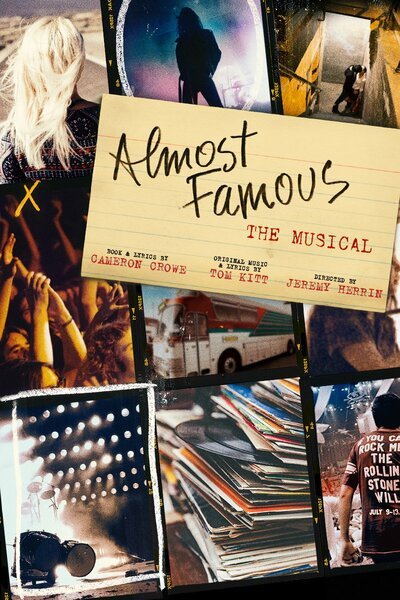
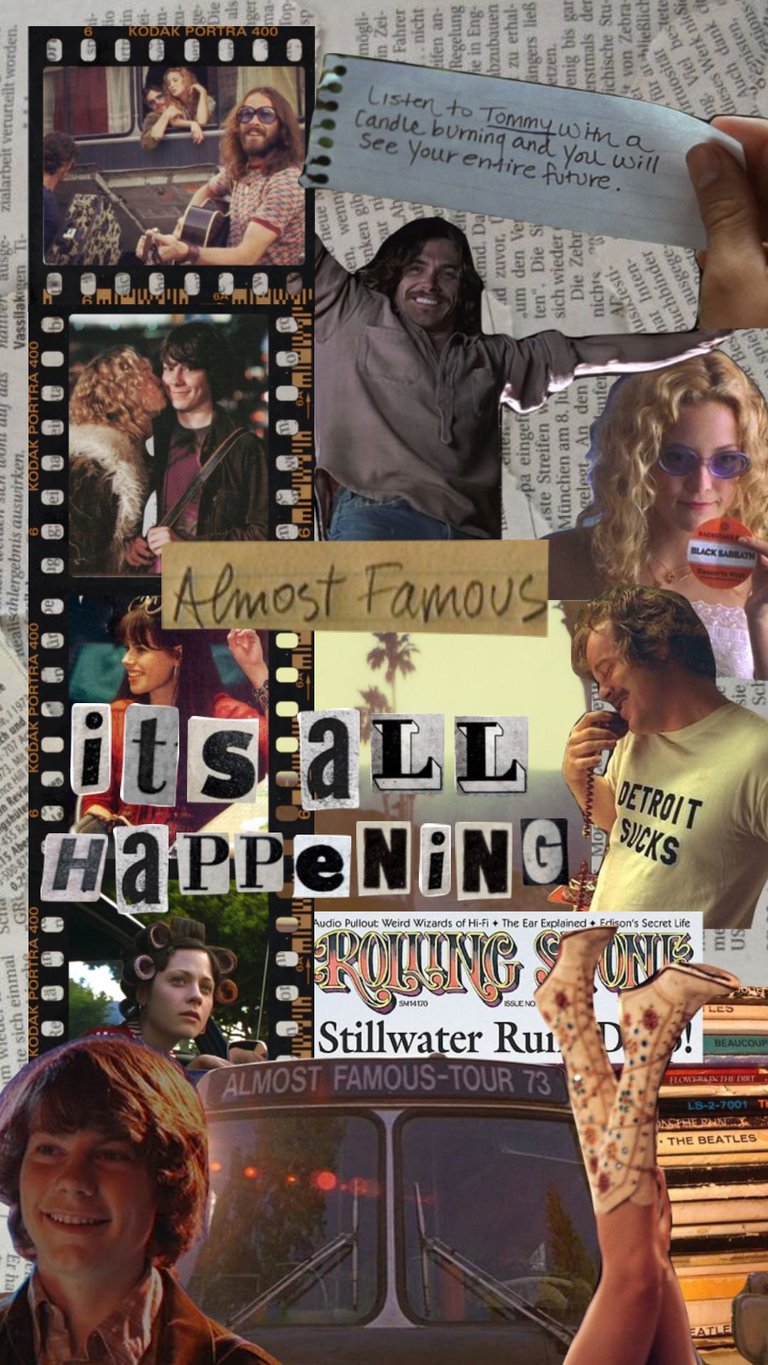
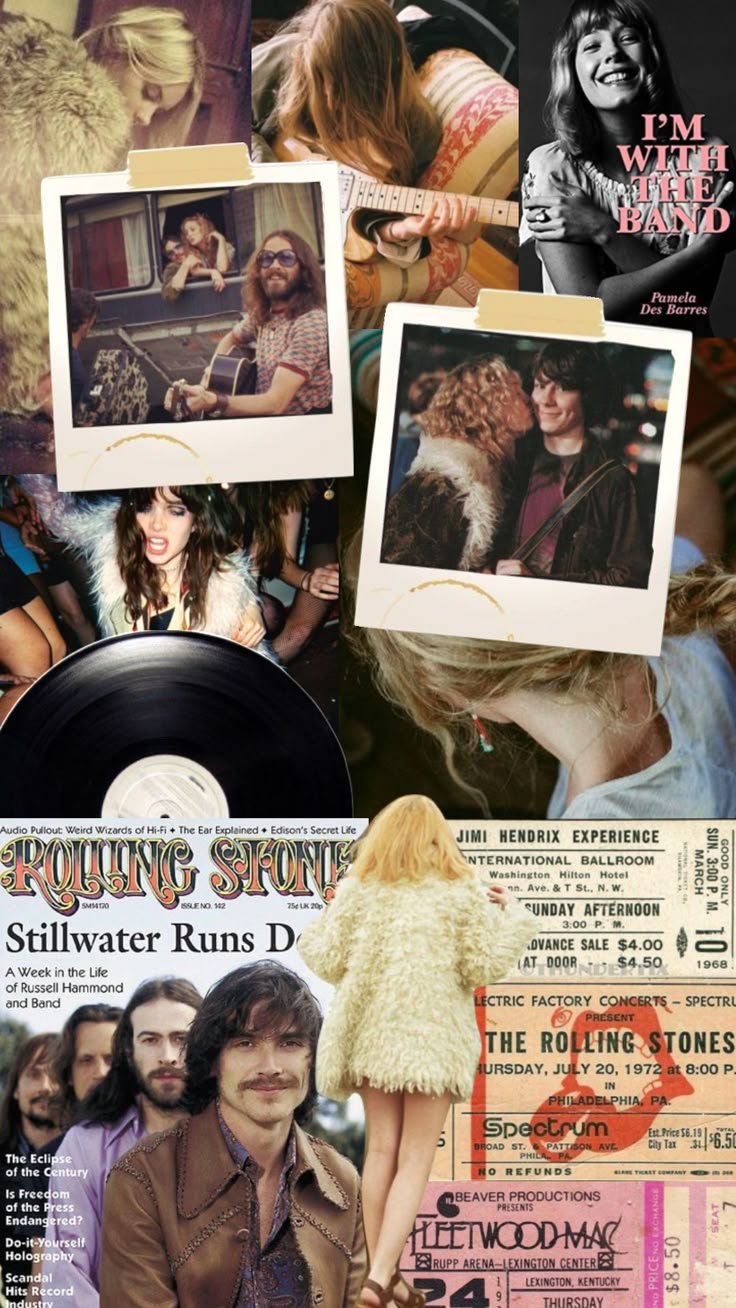
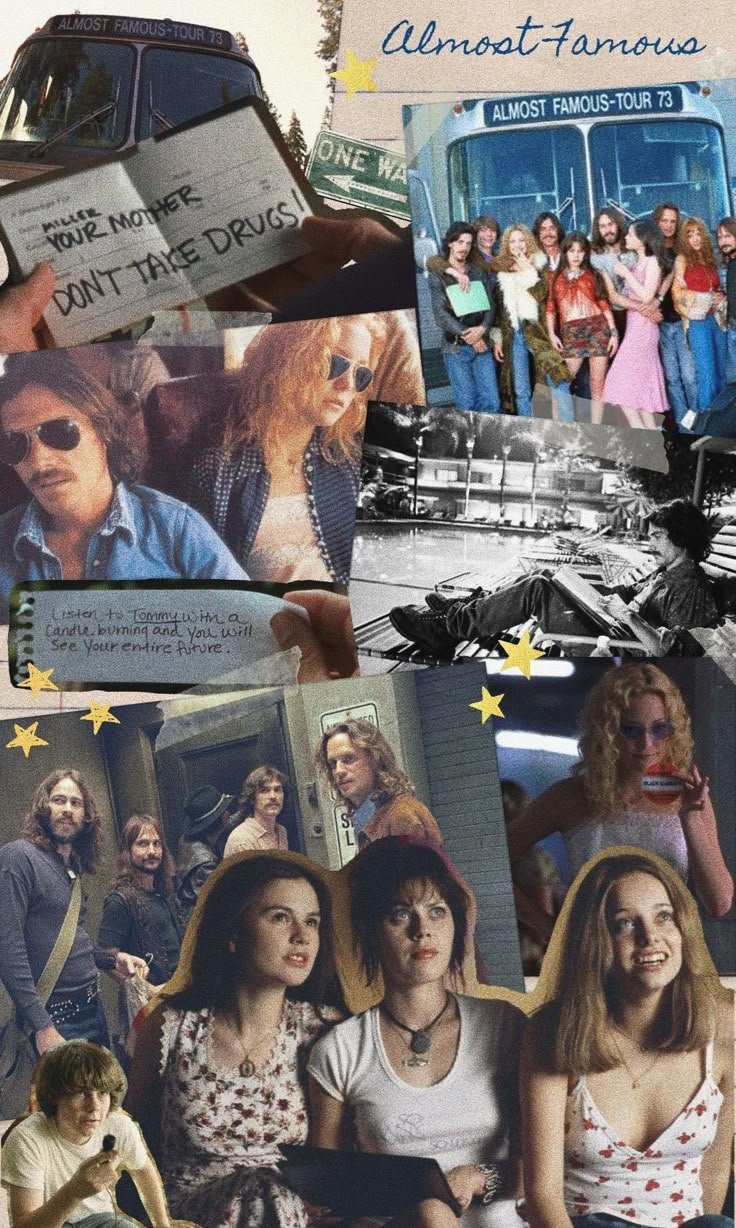
Cinematically, it's a love letter filmed at the pace of a ballad. The warm tones, the camera that moves like a sigh, the use of songs that don’t decorate but reveal, all build a sensory experience. It's a musical coming-of-age story that avoids clichés by understanding that growing up isn't linear—it's a vinyl full of skips, scratches, and loops.
Psychologically, it struck me for how it frames the need for validation. The protagonist doesn’t want to be famous; he wants to be seen. In every interview, he’s not just collecting quotes—he’s searching for soul. Penny Lane isn’t just a platonic love; she’s the symbol of illusion clinging to its own fiction. Everyone projects onto her, and she, in turn, fades without ever stopping to shine.
I finished the film knowing we’ve all been William at some point. Caught between truth and myth, between the desire to tell a story and the fear of telling our own. Almost Famous didn’t make me love rock—it reminded me why I need it. Because in the end, growing up is this: getting lost with style, singing louder when it hurts, and ultimately, writing about what truly matters.









